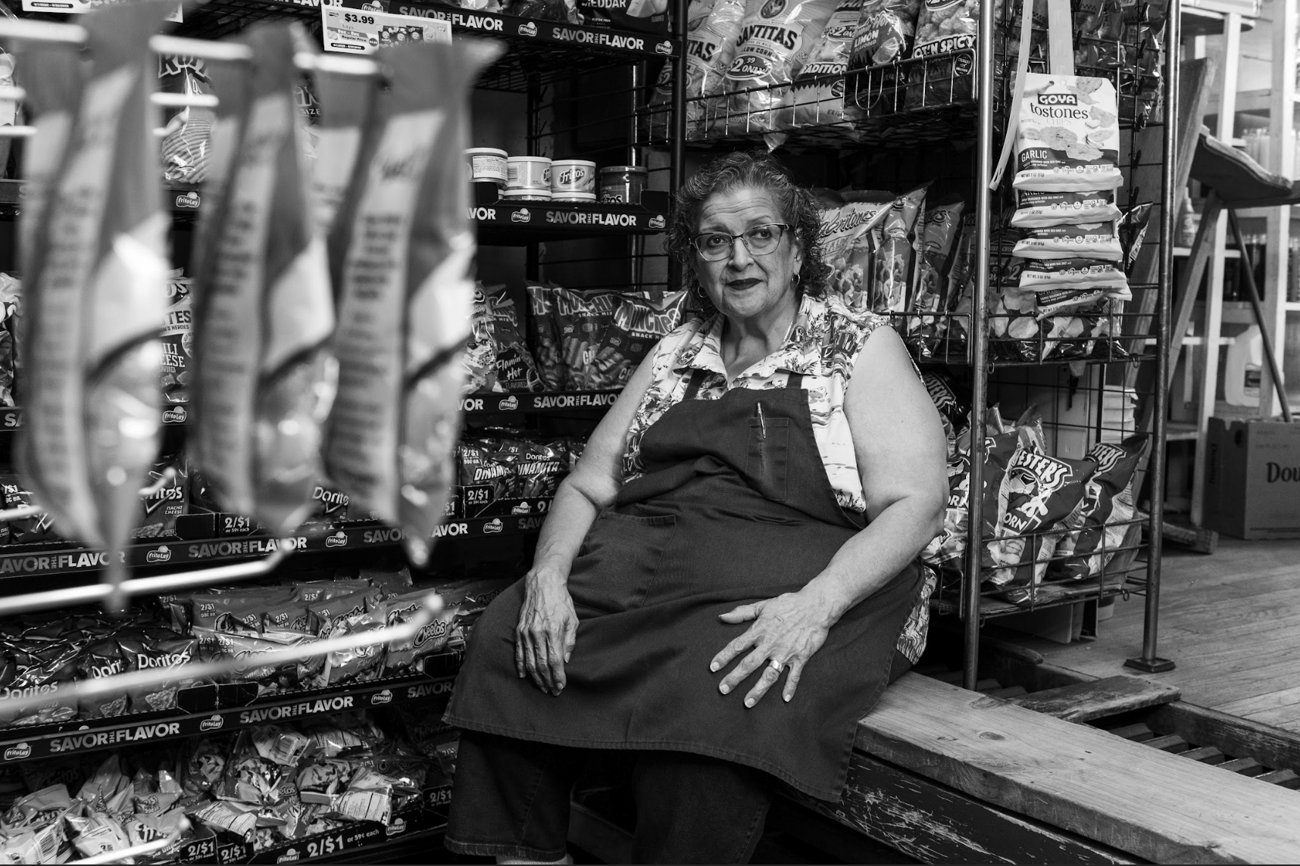|
Welcome to The Daily Prospect, The American Prospect’s newsletter bringing you our featured story of the day, Monday through Friday. If you already receive our newsletters, you’ll continue receiving our afternoon On TAP Monday through Friday. If you’d like to manage what emails you receive, please visit our newsletter page. |
|
|
|
One of the most pernicious ways Republicans are defunding SNAP and other social safety net programs is through indirect cuts. Instead of chopping aid outright, politicians are whittling away at these programs through seemingly small changes. One way this is being done is through state-level bans on purchasing sugary drinks with SNAP dollars. To see how this policy is taking shape, I traveled to Indiana, one of the six states to move forward with these sugar bans. Read on for a story about MAHA, food deserts, and the new Republican nanny state; you can click the link at the end to read the whole thing at prospect.org. |
|
–Emma Janssen, writing fellow |
|
|
|
|
|
 |
|
GONZALO GUZMAN |
|
|
|
|
|
|
Driving through Northwest Indiana feels a bit like going back in time. Winding roads, barns, and lush green fields in the rural farm communities give way to hulking steel mills, tall smokestacks, massive warehouses, and art deco movie palaces as you hit Gary. Look a little closer, though, and the ’50s ideal of country life leading into the big city becomes hazier. The movie palace, home of the 2002 Miss USA pageant (run by an impresario named Donald Trump), is boarded up, the windows broken. The jobs, or at least most of them, are gone, along with many of the people who worked at them.
Many of those in this region rely on government aid in some way, whether it be farm subsidies or social safety net benefits like Medicaid and the Supplemental Nutrition Assistance Program, or SNAP. In Indiana, 1 out of every 11 residents receives SNAP benefits. The state’s staunchly Republican government has made a practice of canceling or defunding safety-net programs, but this year there was a twist. In April, Gov. Mike Braun allied himself with Health and Human Services Secretary Robert F. Kennedy Jr.’s Make America Healthy Again agenda, signing nine executive orders for the Make Indiana Healthy Again initiative.
One of those executive orders empowered the state to submit a waiver request to the U.S. Department of Agriculture (USDA), asking for authorization to restrict what low-income Hoosiers who receive SNAP benefits can purchase. In May, USDA Secretary Brooke Rollins approved the waiver. Starting in January, SNAP recipients in Indiana won’t be able to use SNAP to buy candy or sugary drinks like soda and some juices.
So far, Indiana is one of six states that have been approved by the USDA to ban sugary foods from SNAP, but experts say that they’re monitoring at least eight others that might follow suit. Earlier this year, eight House Republicans introduced a bill that would do the same thing. |
|
|
|
|
|
 |
|
GONZALO GUZMAN |
|
|
|
|
|
|
The move is a complicated one, as are so many of the policies that make up the MAHA agenda. It’s true that sugary foods can have quasi-addictive properties and put consumers at risk for chronic illnesses like diabetes. It’s true that Americans, particularly low-income Americans, have high rates of these food-related chronic illnesses. Ideally, we would have a food system that prioritizes fresh fruits and vegetables over candy bars and sodas.
But SNAP advocates say we don’t live in that world, and further limiting what low-income Americans can buy won’t help get us any closer. And instead of just restricting people to healthy food, the moves in red states could restrict people from finding somewhere to use their SNAP benefits altogether.
It’s also especially difficult to trust Braun, RFK Jr., and other politicians aligned with the Trump administration, after half a year of relentless cuts to the same social safety net programs that are designed to maintain and promote Americans’ health. The One Big Beautiful Bill Act, Trump’s landmark spending package passed in July, cuts $186 billion from SNAP. The Center on Budget and Policy Priorities estimates that as many as five million people could lose SNAP benefits. In the same bill, Republicans plan to cut nearly $1 trillion from Medicaid, a move that would make health care unaffordable for many of these same Americans and decimate rural hospital systems.
Braun has done his fair share of cuts in Indiana, too. After just one year of participating in the federal government’s SUN Bucks program, which gives low-income families with children $120 to buy groceries during the summer, Braun declined to renew the program for this summer. A statement from Indiana’s Family and Social Services Administration didn’t offer a clear explanation, just saying that “necessary groundwork had not been completed” to run the program. The cancellation will leave 700,000 Indiana children hungrier than they were last summer.
Are these the people who will make Indiana, and America, healthy again? Or does this fervor to ban sugary foods from SNAP have an ulterior motive? |
| Continue reading this story |
|
Emma Janssen is a writing fellow at The American Prospect, where she reports on anti-poverty policy, health, and political power. As a Chicago-based reporter, she often writes about how national policy affects people in the Midwest. Before joining the Prospect, she studied political philosophy at the University of Chicago, edited for the Chicago Maroon, and freelanced for the Hyde Park Herald, a neighborhood weekly. She is also a licensed EMT and avid language learner. |
|
|
|
|
|
|
|
|
|
|
Manage Your Email Preferences |
|
We've revamped our newsletter offerings to give you more choices when it comes to your inbox! |
|
|
|
You can manage your newsletters or unsubscribe by going to our newsletter page. |
|
|
|
|
|
|